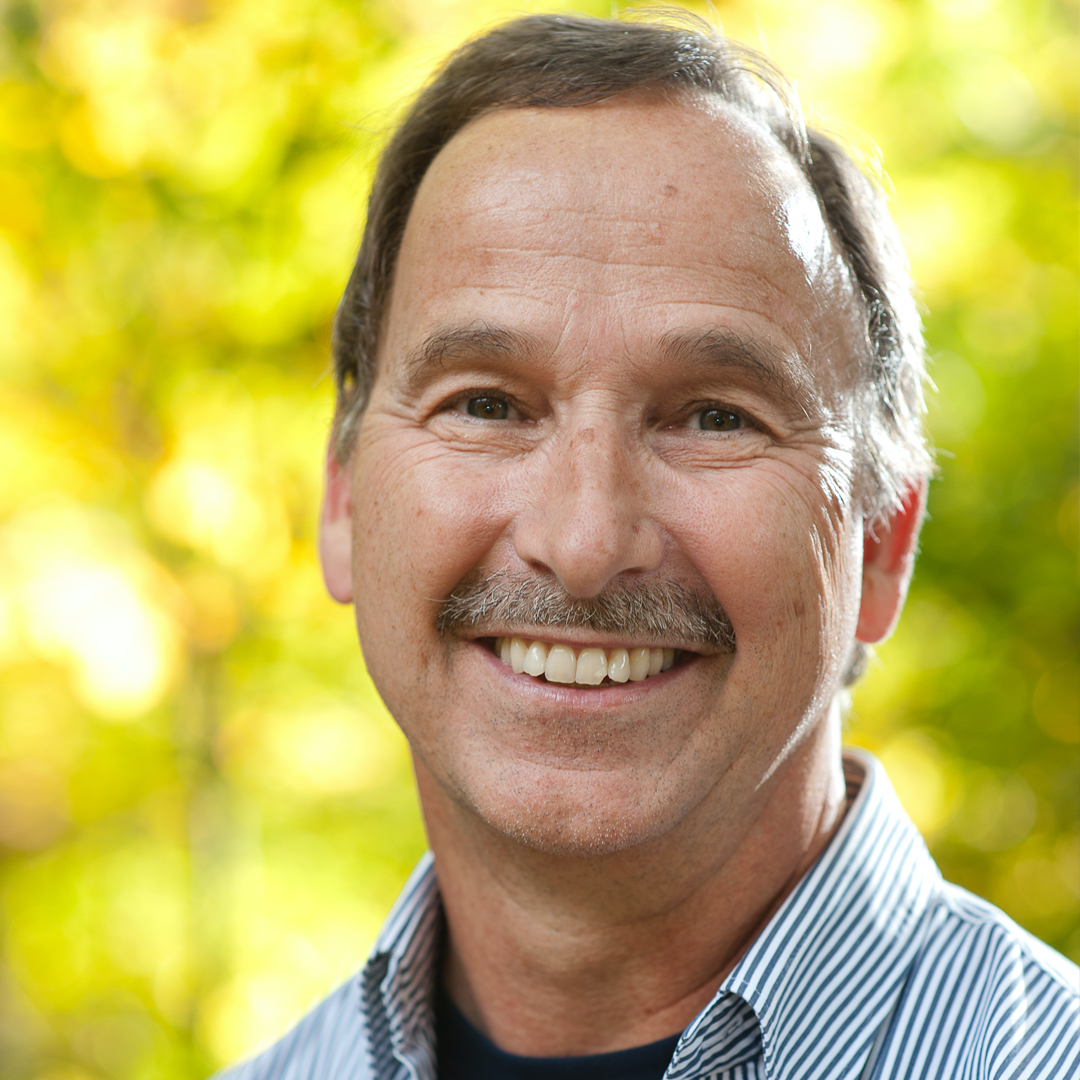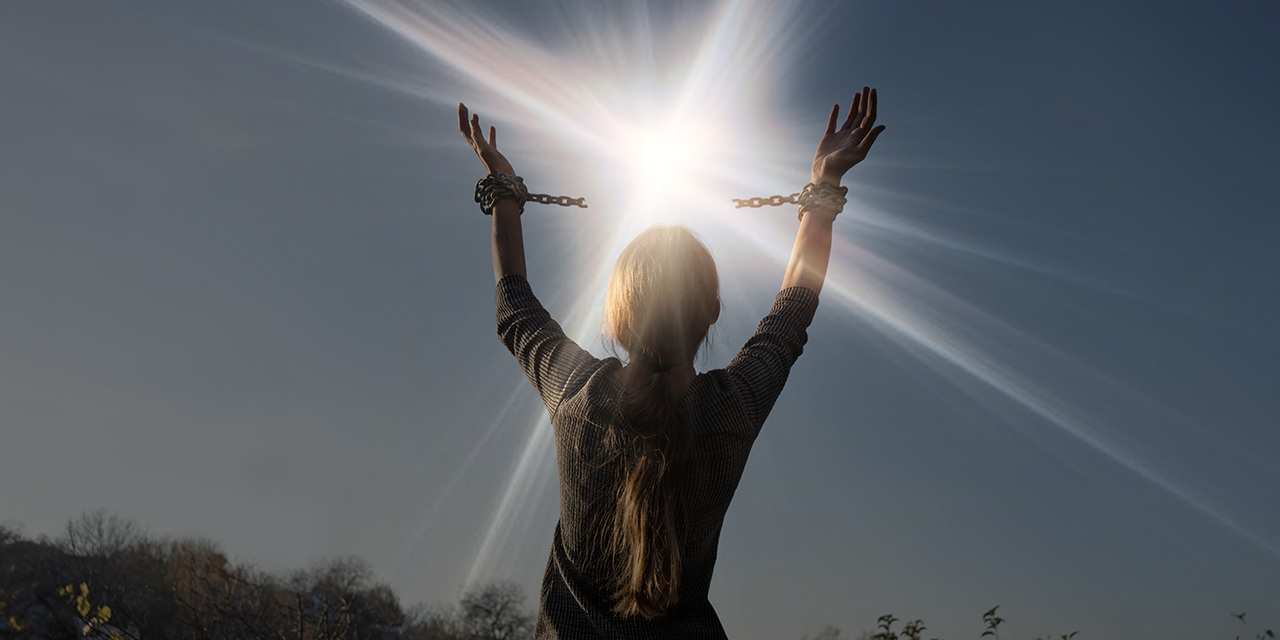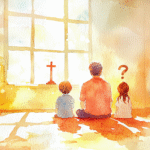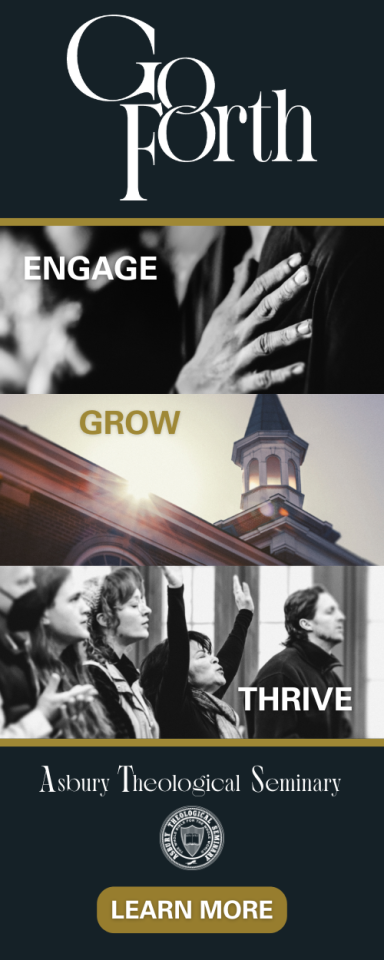By Bishop Emeritus Matthew A. Thomas
I am not certain how fireworks, barbeque ribs and baseball mix with gratitude for the founding fathers making Independence Day a grand celebration. However, it all contributes to my love for it. Nearly 150 countries around the world have some form of Independence or National Day. Celebrations, flag displays and salutes, fireworks, parades, national anthems, remembrances and honoring heroes of the past are common elements among the day’s festivities. The celebrations are muted in places where other holidays are considered more worthy of celebration or where political oppression dampens any reason for celebrating.
In places like the United States of America, the celebrations are grand as one might expect on a national holiday (such as July 4) with a rich history of liberation and national sovereignty. I have enjoyed the festivities and remembrances on the Fourth in the United States with family and friends for around 57 of my 68 years. My wife, Marlene, and I celebrated several years from a distance outside the U.S. We lived three years each in Canada and the Philippines.
We also happened to be abroad in places like India, Hong Kong and England at other times on July 4. Canada Day is July 1. The Philippines’ Independence Day is June 12. We celebrated with our host nations on their days as well. On one such occasion, I had a lovely conversation with an elderly British couple in Preston, England. We bonded quickly and became fast friends. As we parted, the gentleman said to me, “Just pay for the tea and come home.” For the unaware reader abroad, that comment referenced an episode around 250 years ago, which was part of our nation’s revolt against England. It was a lighthearted comment. We both laughed and went on our way. Yet, every citizen of every nation should be aware of the cost of their freedom if they have any. We pray for freedoms to come if they have none.
Patriotism is on full display wherever the day is meaningful and represents liberation instead of oppression. If the celebration is coerced, it is not generally embraced with enthusiasm. Independence is a step in a very good direction for any nation. It marks a time of freedom from foreign domination, the beginning of national self-determination and the formation of a new national identity. It represents a blank slate to start over. Those are noble ideas worth celebrating.
Imperfect Nations and the Eternal Kingdom
There is an accompanying reality that history proves and Christians understand about independence and nations in general: no earthly kingdom or nation is perfect. No country has ever been able to maintain its highest ideals at all times without end. No nation ever formed fully represents the eternal kingdom, which belongs to God alone and will have no end. No degree of perceived independence will ever establish and maintain a nation with such high ideals. God established a righteous and eternal kingdom, which requires our highest honor and greatest tribute.
_
“How are we to live as holy members of the kingdom of heaven and fit, model citizens in this world?”
_
Every time a Christian prays the Lord’s Prayer, he/she prays that God’s kingdom come and His will be done on earth as it is in heaven. There is a reason we pray that. One only has to look back in history to see that nations tend to have shelf lives and problems that emerge or intensify before the ink dries on whatever independence document is signed. The very fact that most nations on earth have an Independence or National Day suggests that their liberation was from a nation, colonies, or rule that became unbearable to some degree. It also suggests that every nation has the potential to become a country from which people want to liberate themselves in the future.
So where is the Christian in all of this? There are two complementary ideals at play for the Christian who is in the world but not of it. We pray for an eternal kingdom to come and we live in an earthly one while we are praying. We have an obligation to both. Our citizenship is in heaven (Philippians 3:20), but our passport reveals our citizenship here. We are simultaneously aliens and strangers in the world (1 Peter 1:1) and also to live model lives for those who are not. We are the kind of people that all citizens of every country should emulate (1 Peter 2:11–12; 3:13–17). We are a holy nation of believers (1 Peter 2:9–10) with God as our ruler. We also have an obligation to honor rulers in this world (1 Peter 2:17). How are we to live as holy members of the kingdom of heaven and fit, model citizens in this world?
Dependent
First, we must understand that we are people who are dependent upon God — not upon governments or agencies — for our salvation, joy or sense of purpose. We depend upon God as our only hope. Jesus is our Savior and Redeemer. Those are not monarchial or presidential or kingly roles. “In Him we live and move and have our being” (Acts 17:28).
We are people completely dependent upon God for salvation, wisdom, direction and character transformation. In that sense, we are among the most dependent people in the world. The irony is explained in the Bible when it reminds us we are slaves to God (Romans 6:22) while people who think they are slaves to no one are in fact slaves to sin (Romans 6:20) since they are powerless over its hold and consequence. Our dependency upon God is core to our life and leads to righteousness. In this sense, we are the most dependent of the independent.
Interdependent
Second, we are interdependent upon one another. That is not a small thing. In the context of writing about spiritual gifts and comparing members of the body of Christ to the members of a human body, Paul writes, “The eye cannot say to the hand, ‘I don’t need you’” (1 Corinthians 12:21). It simply cannot say that, nor can we say we do not need our brothers and sisters in Christ. The law of interdependence is at work in the body of Christ as it is in our physical body.
_
“We are obligated to one another and rely heavily upon one another. “
_
The Scriptures show us over and over again how powerfully connected we are and how indispensable all of the parts are to one another. Jesus said that our love for one another is how the world knows we are His disciples (John 13:35). The church practiced sacrificial sharing, helping those in need, loving one another, assisting widows and orphans and giving generously to people in crisis.
Nowhere in the New Testament does a person get the idea that lone wolf living is a good thing or even possible for the child of God. We are obligated to one another and rely heavily upon one another. One never gets the impression that it is unnecessary to be closely connected to their spiritual brothers and sisters. In fact, those familial terms (brother and sister) are used throughout the New Testament for good reason. We are interdependent as any healthy family is.
What the World Needs
Third, as people dependent upon God and interdependent upon one another, it might seem that we have little to offer the world. However, nothing is further from the truth. We have much to offer the world. It needs us as a dark room needs light.
The world desperately needs real truth instead of contrived or contorted truth based upon popular opinion or cultural whim. We have truth claims that are real, not concocted (1 Timothy 3:15). We are the salt of the earth and light of the world (Matthew 5:13–16), not just light shining upon itself and salt for the church only. We are the salt of the whole earth and light of the whole world — the righteous and unrighteous parts of it. The world needs the church just as one believer needs another. The world needs to discover dependence upon our loving and holy God and interdependence through a loving, eternal community.
Independent
Fourth, that brings us to an interesting place when it comes to our relationship to independence. Since we are dependent upon God and interdependent upon one another, we find ourselves in a place of independence from reliance upon the things of this world. We are independent in our thought, limited in material need, not governed by conventional wisdom but the Spirit’s wisdom. We are independent from sinful behaviors that might be acceptable in the world but not before God. We are independent from being swayed by popular opinion. We are independent and unmoved by those who demand obeisance to anything unholy. We are independent and free to love others without limit, offer grace, express mercy and show kindness to all humanity.
_
“The most dependent-aware people (Christians) on the planet have contributed to the greatest independence movements the world has ever known.”
_
Our independence is not political; it is personal freedom. True, liberating independence is not freedom from something (tyrants, oppression, constraint) but to do and be something (holy, helpful, honorable heirs of an eternal kingdom).
National independence is somewhat of a delusion. We are all dependent upon something or someone. The difference between the Christian and others in the world is that we know and embrace our dependence upon God and interdependence with one another while others believe a delusion about independence (both national and personal) that it is an end to itself. That’s the irony. The most dependent-aware people (Christians) on the planet have contributed to the greatest independence movements the world has ever known.
We are the ones who help people find liberation from enslavement on many levels. However, we cannot do that if we are yelling, screaming, hating, revolting, berating or being angrily defiant. Neither can we do that if we are convinced that national efforts are the ultimate remedy. We have found independence from sin’s tyranny. As such, we can celebrate independence in the most personal way.
Independence Day is the perfect day to be celebrated by the most dependent and interdependent people on earth — the people of God. We celebrate national independence from the posture of personal freedom, deep gratitude and an understanding of the price of liberation. We celebrate those who laid down their lives while understanding the one whose “life laid down” ushered in a new kingdom. We honor our national heroes understanding that there were and are heroes of faith from every nation on earth sacrificing to help others find true liberty. We express gratitude for the people who had wisdom and courage enough to chart a new course in our nation while we express gratitude for those who have remained faithful to a course charted for them millennia ago.
Our celebration should be at least twice as grand as anyone’s. The best independence celebrations come from the most dependent and interdependent who are ironically the most independent of all.
+

Bishop Emeritus Matthew A. Thomas is the author of “Completing Project Me” and “Living and Telling the Good News.” He retired in 2019 from his role as the lead bishop of the Free Methodist Church USA of which he has been an active part since 1979. His ministry roles have included serving as a pastor, church planter, missionary and superintendent.











